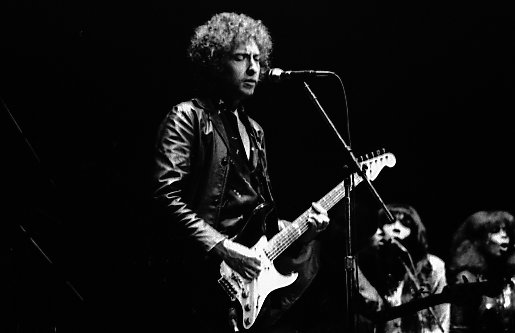Feature: How to Write a Music Research Paper
4 min read
Without a doubt, music has a powerful healing effect. However, its effect might fade away a bit when you need to write an academic paper about music. This process requires attention, dedication, and strong analytical skills. No wonder many students struggle to cope with this assignment on time and without stress. Nonetheless, you can write an outstanding paper if you know all the details of the process algorithm. This article will give you many useful recommendations for organizing the writing process effectively.
When you choose musical topics for research paper, ensure you write about something you are passionate about. Otherwise, this assignment will seem exhausting and tedious to you. You can rely on your interests and check the relevance of the topics you want to discuss. Do they match the context your teacher presents during classes? Choosing a subject that inspires you is beneficial, as it will make your paper more convincing and appealing. Here are some more recommendations for writing a comprehensive music research paper.
Step 1: Preparation and Planning
Before you get to the writing process itself, there are several steps you need to take. The more prepared you are, the better your paper will be.
Narrow your focus
Don’t attempt to cover every single aspect of the chosen topic. Define your area of research for a deeper and more insightful paper. You aim to present all the crucial ideas relevant to one specific aspect of music history, famous composer, etc.
Develop a research question
Frame your investigation with a clear, specific question your paper will answer. Once you have that, you can craft a concise thesis statement outlining your central argument. For instance, it may sound like this: “The augmented fourth interval, when employed in major key contexts, consistently evokes feelings of tension and anticipation due to its dissonance and harmonic instability.”
Think about your paper’s structure
Create a detailed outline to organize your research, arguments, and evidence into a logical flow. It will help you stay on the specific aspects of music you’ve chosen to discuss.
Step 2: Research and Analysis
Once you know what you want to write about, it’s time to gather all the necessary information to make your music paper engaging.
Explore multiple sources
Rely on various academic and musical resources, including scholarly articles, music theory books, historical documents, interviews, and recordings. Your research study should look rounded and convincing. Remember that you can also be your source of information. Listen to and analyze relevant musical examples to support your points and arguments.
Ensure to evaluate your sources critically. Question their validity, bias, and relevance to your research question.
Take detailed notes
Take notes while looking for relevant facts and figures to support your ideas. Include source citations and important musical excerpts to simplify the writing process for yourself.
Include different perspectives
Acknowledge and engage with alternative interpretations of your topic to demonstrate a deep understanding of the subject.
Step 3: Writing and Style
Now, it’s finally time to start writing. If listening to music does not distract you while you write, turn it on to create an additional source of inspiration.
Integrate musical examples effectively
Include musical citations directly in your text, or use figures and diagrams to support your analysis. Remember to make a reference list to avoid plagiarism issues. Follow strict academic referencing guidelines to credit your sources properly.
Is there a smooth flow?
Just like music, writing requires it as well. Use transition words and topic sentences to create a logical flow of your ideas. Otherwise, you might end up having a list of interesting musical facts that do not correlate.
Proofread and edit carefully
Ensure you have enough time left for these two crucial steps. Your paper should not have any grammatical errors, typos, or formatting inconsistencies. If you don’t have time to proofread your paper, you can hire a qualified writer to do so. Many companies allow students to order editing and proofreading services. If you are unsure how to choose essay writing service for these purposes, start with reading the reviews of other clients.
After you’ve finished working on your project, you can look for feedback from someone whose expertise you trust. You aim to get constructive feedback and revise your paper before final submission. Even though writing and music are subjective art forms, some specific characteristics help us differentiate masterpieces from average creations. Therefore, follow the standard requirements of writing assignments. However, ensure to add a pitch of creativity in them to make your paper stand out.
::: RenownedForSound.com’s Editor and Founder –
Interviewing and reviewing the best in new music and globally recognized artists is his passion.
Over the years he has been lucky enough to review thousands of music releases and concerts and interview artists ranging from top selling superstars like 27-time Grammy Award winner Alison Krauss, Boyz II Men, Roxette, Cyndi Lauper, Lisa Loeb and iconic Eagles front man/songwriter, Glenn Frey through to more recent successes including Newton Faulkner, Janelle Monae and Caro Emerald.
Brendon manages and coordinates the amazing team of writers on RenownedForSound.com who are based in the UK, the U.S and Australia.



